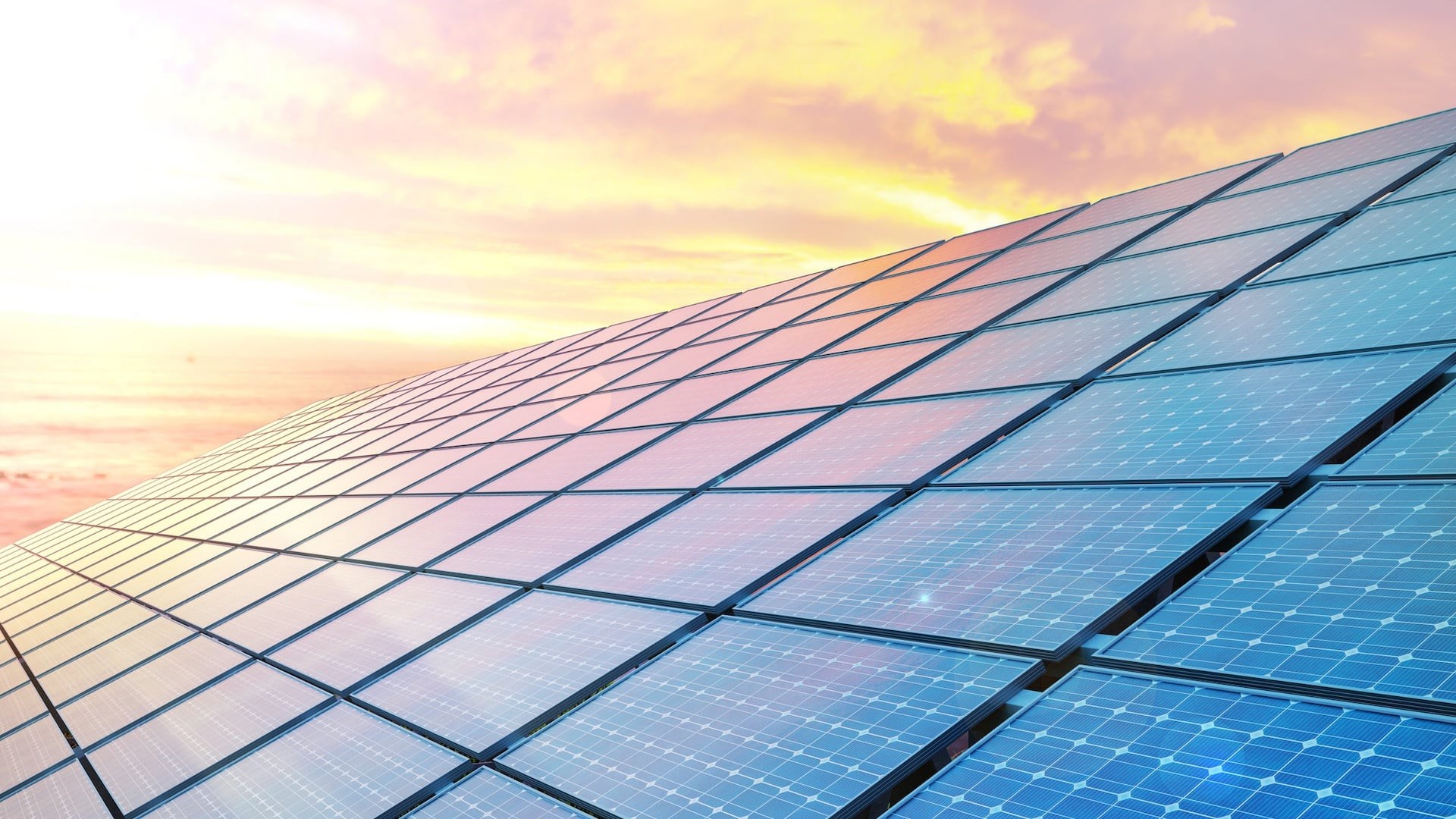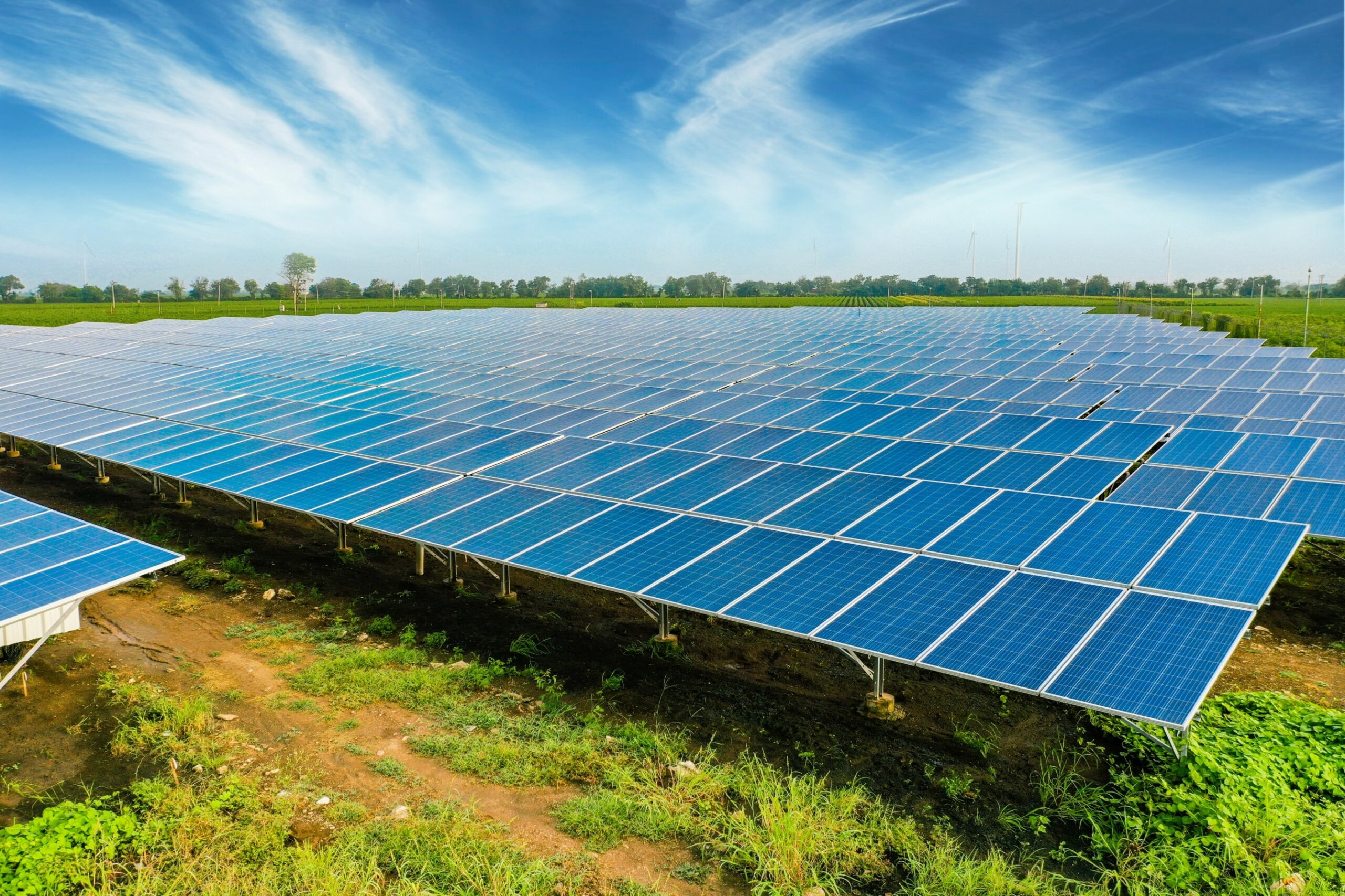Find out how Solar Panels can easily reduce your electricity bills.
Find out how Solar Panels can easily reduce your electricity bills.
Blog Article
The Ultimate Guide to Picking the most effective Solar Panels
Selecting the excellent solar panels is a diverse choice that goes beyond plain aesthetic appeals or price. It includes a mindful analysis of various kinds, including monocrystalline, polycrystalline, and thin-film alternatives, each offering distinct benefits and drawbacks. Comprehending performance ratings, costs, and installation demands is essential for making an enlightened choice that aligns with your energy requirements and budget. As the landscape of solar technology remains to advance, the effects of your decision can have long-term results-- both monetarily and environmentally. What elements should you focus on to make sure optimum performance and sustainability?
Recognizing Photovoltaic Panel Kind

Monocrystalline panels are constructed from a solitary crystal structure, supplying high efficiency and space-saving advantages. They typically execute well in low-light conditions and have a longer lifespan, making them a preferred selection for residential installments - Solar Panels. In contrast, polycrystalline panels consist of multiple crystal structures, causing a somewhat reduced performance rate. Nevertheless, they are usually much more inexpensive and can be a viable option for larger installments where space is much less of an issue.
Thin-film solar panels are made from a variety of products, including cadmium telluride and amorphous silicon. They are light-weight and versatile, allowing for special applications, such as combination right into building products. Although they have a tendency to have lower effectiveness prices compared to crystalline panels, their setup costs and adaptability can make them an appealing option for particular projects.
Understanding these types will certainly encourage you to make educated choices based on your power needs and spending plan factors to consider.

Reviewing Effectiveness Scores
Assessing efficiency scores is critical for selecting photovoltaic panels that straighten with your power goals. The effectiveness of a solar panel indicates the percentage of sunshine converted right into functional electrical energy. Greater efficiency ratings suggest that panels can generate more power in an offered area, making them particularly important for setups with limited room.
Standard photovoltaic panel efficiencies range from 15% to over 22%. When comparing choices, it is vital to think about the sort of solar innovation made use of, as monocrystalline panels normally use greater efficiency than polycrystalline panels. However, efficiency is not the sole standard; elements such as installation orientation, shielding, and local environment can substantially impact total performance.
In addition, comprehending the performance ranking's effects for power production with time is important. Higher efficiency panels may use much better returns on investment, especially in areas with high power expenses or minimal installment area. It's a good idea to look for panels with a solid performance warranty, as this can offer added assurance of their long life and efficiency. By extensively assessing efficiency ratings, you can make an enlightened decision that maximizes your solar energy potential and satisfies your certain power demands.
Contrasting Expenses and Guarantees
Expense and guarantee considerations are necessary elements in the solar panel choice process. When assessing photovoltaic panels, the upfront cost is a key concern. Costs can differ considerably based upon the brand, modern technology, and efficiency rankings of the panels. High-efficiency panels might have a greater initial financial investment yet can lead this link to greater long-lasting cost savings via raised power production. It is vital to assess the overall value as opposed to just the sticker cost.
Guarantees are similarly essential, as they provide insight into the supplier's self-confidence in their item. The majority of trustworthy solar panels included two sorts of service warranties: performance and item. Efficiency service warranties typically ensure a certain result level for 25 years, ensuring that the panels will certainly preserve their effectiveness with time. Product guarantees, on the other hand, cover defects and handiwork, usually enduring between 10 to 25 years.
When contrasting expenses and guarantees, consider click to find out more the lasting effects of both. A lower-priced panel with a brief warranty may wind up being a lot more costly if performance declines or fixings are needed sooner than expected. It's crucial to balance initial prices with the safety and security offered by durable guarantee choices.
Installment Factors To Consider

Next, consider the alignment and tilt of the solar panels. Preferably, panels must be placed to make the most of sunlight exposure throughout the day. South-facing setups normally yield the highest power production, however eastern and west positionings can additionally work depending on your power requires.
In addition, regional building ordinance and policies need to be examined prior to installment. Allowing needs can vary dramatically by place, and conformity is important to stay clear of possible penalties or mandatory removals.
Last but not least, employing a certified expert for installation is essential (Solar Panels). Experienced installers will certainly ensure that the system is properly placed, connected, and certified with all security standards. This decision can inevitably enhance the long life and effectiveness of your solar power system, making it a worthwhile investment for your eco-friendly energy requirements
Upkeep and Durability
Proper maintenance is necessary for making certain the durability and optimum performance of photovoltaic panels. Routine examinations and cleaning are critical parts of this maintenance routine. Dust, particles, and snow buildup can substantially impede energy production, so it is suggested to cleanse the panels periodically, preferably every six months or after substantial weather condition occasions.
In addition, checking the system's performance through a solar tracking application or tool allows home owners to recognize any type of decrease in power output that may show problems requiring interest. It's also sensible to check for any indicators of wear or damages, such as splits in the panels or deterioration in the electrical wiring. Buying high-quality photovoltaic panels frequently go to the website includes longer service warranties, generally ranging from 25 to 30 years, which can work as an indicator of their anticipated longevity.
Regular specialist assessments can additionally boost the life expectancy of your solar power system, ensuring that any type of potential problems are addressed promptly (Solar Panels). By sticking to these upkeep practices, house owners can make best use of not only the performance of their photovoltaic panels yet likewise their roi throughout the years, adding to a sustainable energy future
Conclusion
In conclusion, choosing the optimal solar panels necessitates a comprehensive analysis of different elements, consisting of panel types, efficiency scores, prices, and warranties. Installment factors to consider and ongoing maintenance play critical duties in ensuring the durability and performance of the solar energy system.
Report this page